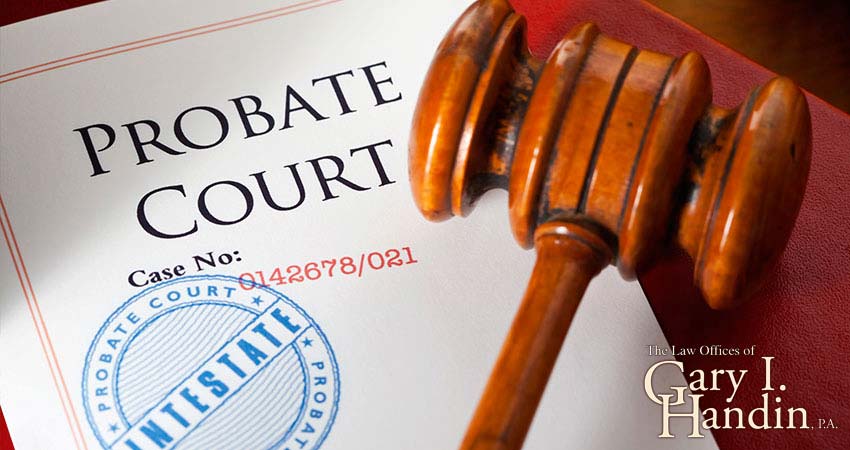
The probate process may seem long and difficult, but it is necessary to fairly and accurate assess and distribute your loved one’s estate. It would be best to speak to an estate planning attorney who can offer you sound probate legal help specific to your case, estate and residential state.
What is Probate?
Probate is the legal process by which an estate of a decedent, whether without a will or with a will is validated or where there is an assessment and transfer of assets and debts previously belonging to a loved one who has since passed. This includes things like taxes, insurance, titles and deeds, creditors, pensions, investments, and so on. These are settled in probate court and are notorious for being public, expensive and complicated. It is essential, therefore to enlist some legal help if a probate may need to be initiated.
When is a Probate Necessary?
There are 5 main reasons why a probate may be necessary.
-
There is a Valid Will
If you or your loved one do leave a will, it is important that it be taken to court for verification and proper distribution of assets to the named beneficiaries. There some smaller estates that may not have to go through the Formal probate procedure for distribution; in Florida, a small estate is one valued at or less than $75000, which may be disposed of by way of a probate proceeding known as a Summary Administration.
-
There is No Valid Will
If there is no will at all, the family and a probate lawyer will have to go to probate court in order to determine the beneficiaries and to distribute the assets accordingly. The default order of inheritance generally is: surviving spouse, children, parents, siblings, or may vary depending upon the facts and applicable statutes.
In testate Probate administration is necessary if the will is deemed invalid. There can be many reasons for this, and may include:
- Improper Execution: this means that the will was not created in a legally valid way. This could refer to the manner in which the will was drawn, it could refer to aspects of validity, it may even refer to legibility.
- Mental Incompetence: this means that your loved one may not have been of sound mind when the will was drafted or signed. In some states, verbal wills are no longer considered valid.
- Undue Influence: this means that there is reason to believe that your loved one was forced to create the will, forced to name (or not name) certain beneficiaries, and so on. It is said that they created or signed the will under duress.
-
The Assets are Solely in the Deceased’s Name
This occurs when the assets have been listed under your loved one’s name without any other named owners, joint owners or ‘payable on death’ designation. The asset, typically personal property or vehicles, need to be probated in order to be re-titled into a designated beneficiary’s name. In some states, like Florida, a vehicle can be transferred to a descendent without having to go to a probate court.
-
There are No Beneficiaries Named
If your loved one did own a ‘payable on death’ account similar to life insurance, health insurance, retirement policies, pensions or certain investments and all the named beneficiaries have already passed away or there are none named, the case would need to undergo probate to properly distribute the assets. These assets can then be legally transferred into funds or titled in the beneficiary’s name.
-
There is Property Owned in Joint Tenancy
If your loved one owned any property as a tenant in common with others, as opposed to joint ownership, their share of the property must be probated into a beneficiary’s name.
If you have any questions about wills, trusts, probate or probate court, contact us at www.HandinLaw.com today.





